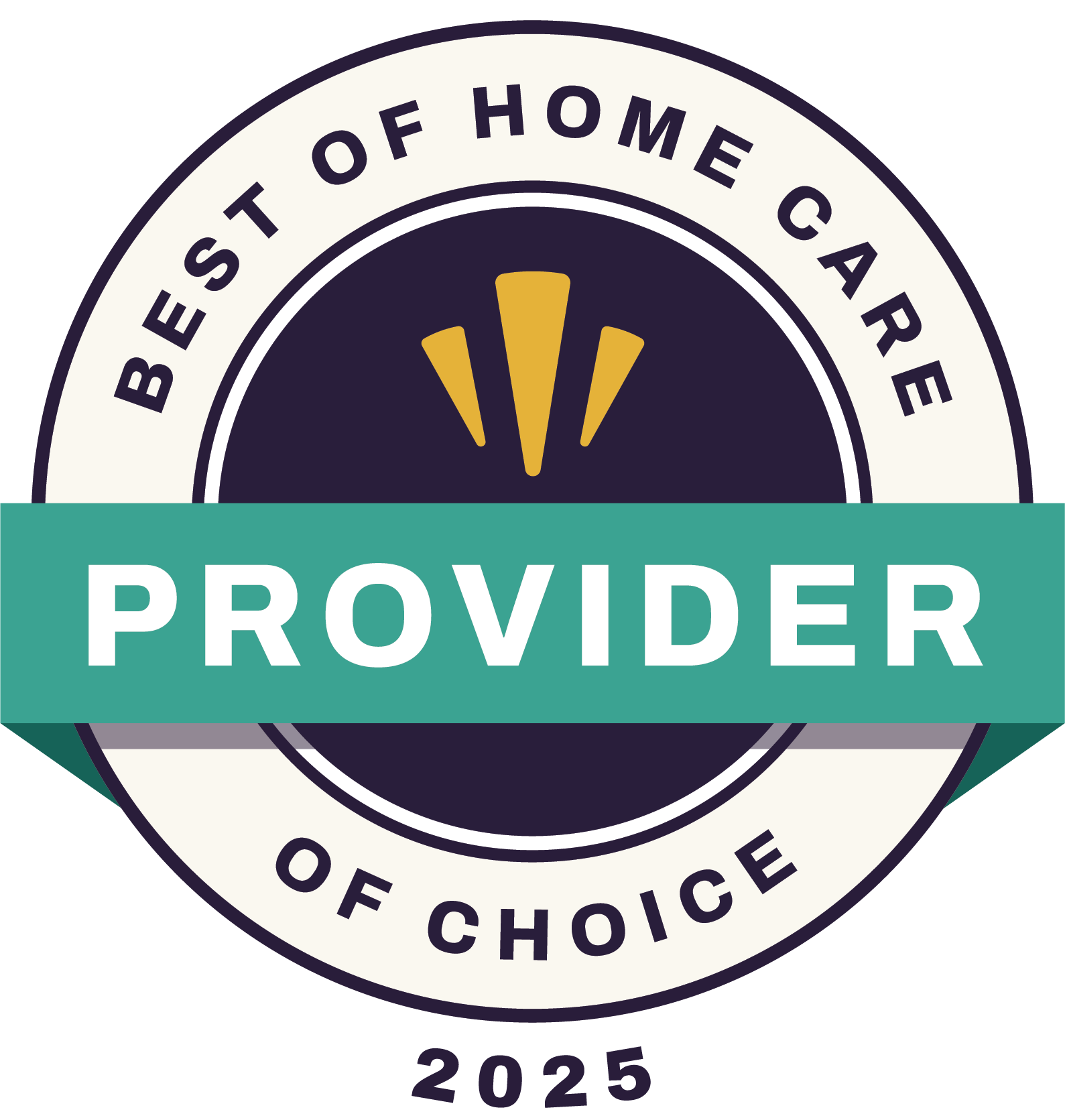Women's History Month: Celebrating Women Giving Home Health Care
Women have always played an important role in healthcare. This role has changed over the years. Let's examine their evolving role.
According to the CDC (Center for Disease Control), 4.5 million Americans received health and home care services in 2015. Women are the majority of those both receiving and giving care. Since the new millennium, 80% of the growth in the health care field is by women.
There are 1.2 million psychiatric, nursing, and home health aides in the U.S. 85% of these home-health-aides are women. As our citizens begin living longer, those giving home health care provide vital roles.
Women Giving Home Health Care
Up until the mid-19th century, most women provided health care support to their families. No one saw a doctor unless they were truly ill. Women were not allowed to attend medical school as they were barred from traditional education and would provide healthcare support to their families based on what they had been taught by their mothers. With the emergence of some strong and courageous women, the women's role in the medical field gradually changed.
Florence Nightingale
Florence Nightingale was a nurse working in England. She helped to improve unsanitary conditions in hospitals in tthere. Her actions led to worldwide health care reforms.
Elizabeth Blackwell
Elizabeth Blackwell was the first woman in the U.S. to receive a medical degree. She was also the first female to publish a medical article. That publication focused on how women would treat patients versus men.
Clara Barton
Clara Barton was an American Civil War nurse. She was a humanitarian who provided wounded soldiers with medical care, personal necessities, and clothing. She also established the American Red Cross in 1881.
Dr. Antonia Novello
Dr. Novello was the 14th Surgeon General of the U.S. She was also the first woman and Hispanic to serve in that position. Most recently, her work has centered on educating communities with inadequate health care resources.
The History of Home Health Care
Towards the end of the 19th century, people began living longer due to a variety of factors such as access to better food and advancements in medicine. As the demand for in-home health services grew, nursing organizations were created.
Donors supported most nursing organizations. Like today, there was a lack of skilled nurses to meet demand. Systems were created to determine who needed home health care and how to ensure the agency remained financially viable.
Insurance and Home Health Care
In 1909, Metropolitan Life began providing home health insurance policies.
In 1925, the Old Age Assistance Act, now known as Social Security, passed allowing families to turn to private nursing homes. In the 1960's, Medicaid and Medicare included home health care.
Today modern technology allows us to remotely monitor patients in their homes 24/7. Professional agencies can tailor services to meet the needs of their clients.
The Benefits of Home Health Care
Many people prefer staying in their homes as they age. Home health care services let patients remain independent while receiving benefits such as:
-
Having someone there to help, especially when family members aren't available
-
Helps patients maintain their quality of life
-
Access to skilled nurses
-
Help with diet and nutrition
-
Companionship
-
Help with light household chores
-
Medication management
Patients also receive one-on-one support and often have better health outcomes with chronic health issues when there's a home health care worker around to help them manage their illness. It's also more affordable than a private facility.
Learn About Our Services
Giving home health care to your loved one(s) is our passion. We believe everyone deserves support, especially as we age. We provide a variety of services to ensure the care is tailor-made to your needs. Click here to learn more.



